Elephant Stops Truck To Steal Its Fave Snack: Sugarcane
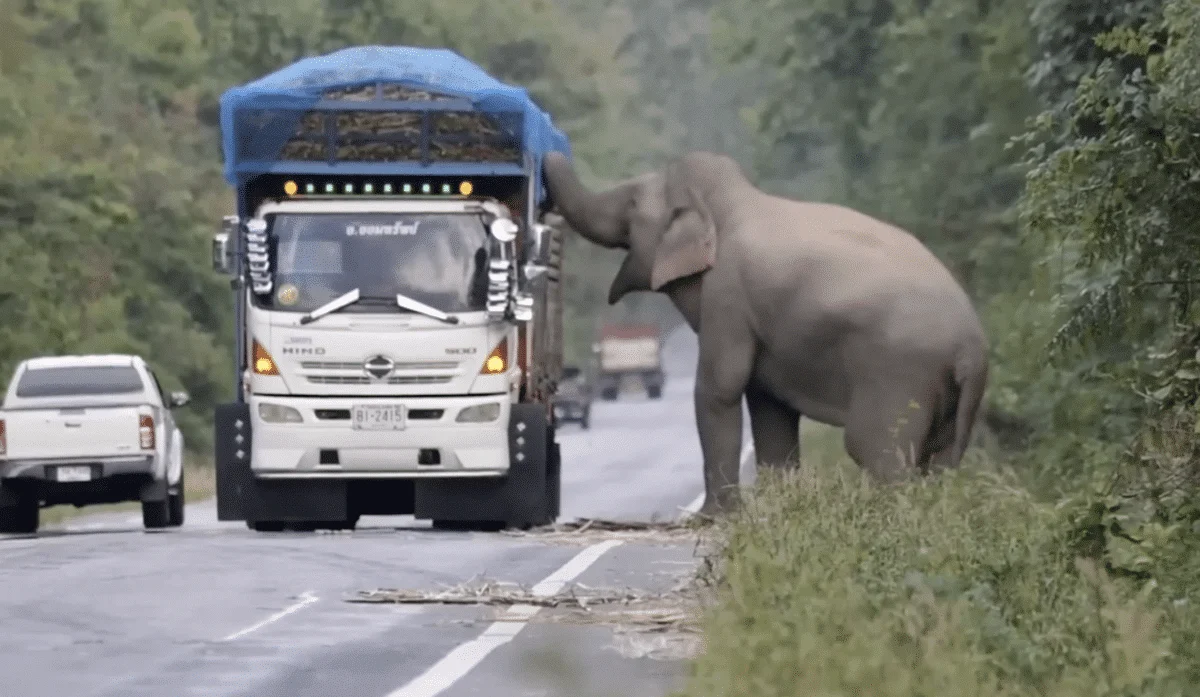
Elephants, known as gentle giants, have always captivated humans with their remarkable intelligence and behavior. One intriguing aspect of these majestic creatures is their fondness for sugarcane. However, this seemingly harmless preference can pose significant challenges for sugarcane farmers.
A video capturing an elephant’s skillful act of stealing sugarcane from a truck perfectly highlights their affinity for this snack. This impressive feat stands as yet another testament to their astonishingly human-like intelligence.
Join us on this exploration as we delve into the reasons behind elephants’ love for sugarcane, the difficulties it presents for farmers, and the extraordinary display of intelligence exhibited by these magnificent animals!
The Reason behind Elephants’ Fondness for Sugarcane
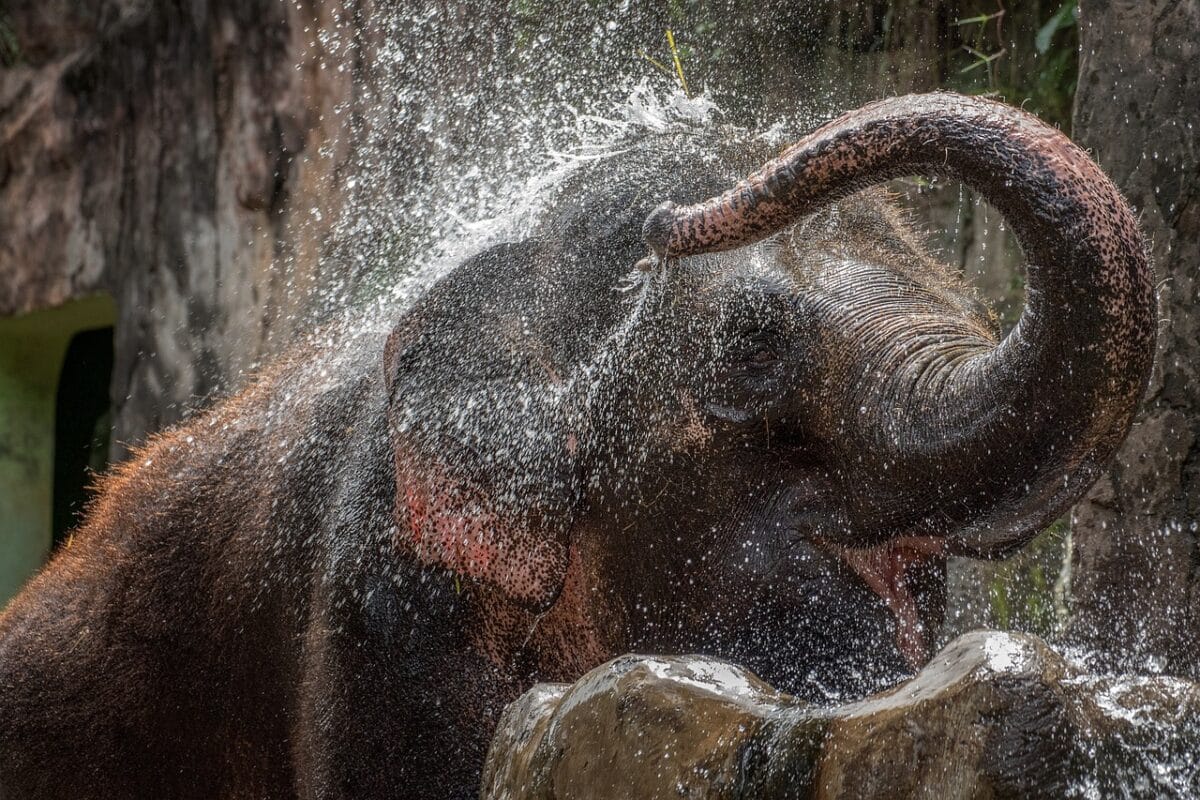
Elephants have a similar liking for sugarcane, just like humans, as they too have a craving for sweets. This is primarily due to the high sugar content in sugarcane, which provides them with a valuable source of energy. The easily digestible nature and sweet taste of sugarcane make it appealing to elephants.
In their natural habitat, elephants consume various plant materials, and sugarcane’s sweetness and nutritional value make it a preferred choice. However, this preference can lead them to venture into sugarcane fields or come across humans, as depicted in the video where an elephant takes sugarcane from a truck.
The attraction towards sugarcane showcases elephants’ innate inclination towards certain foods that fulfill their dietary requirements. Nevertheless, this also poses challenges in areas where sugarcane is cultivated near their habitats.
Elephants’ Fondness for Sugarcane Poses Potential Hazards
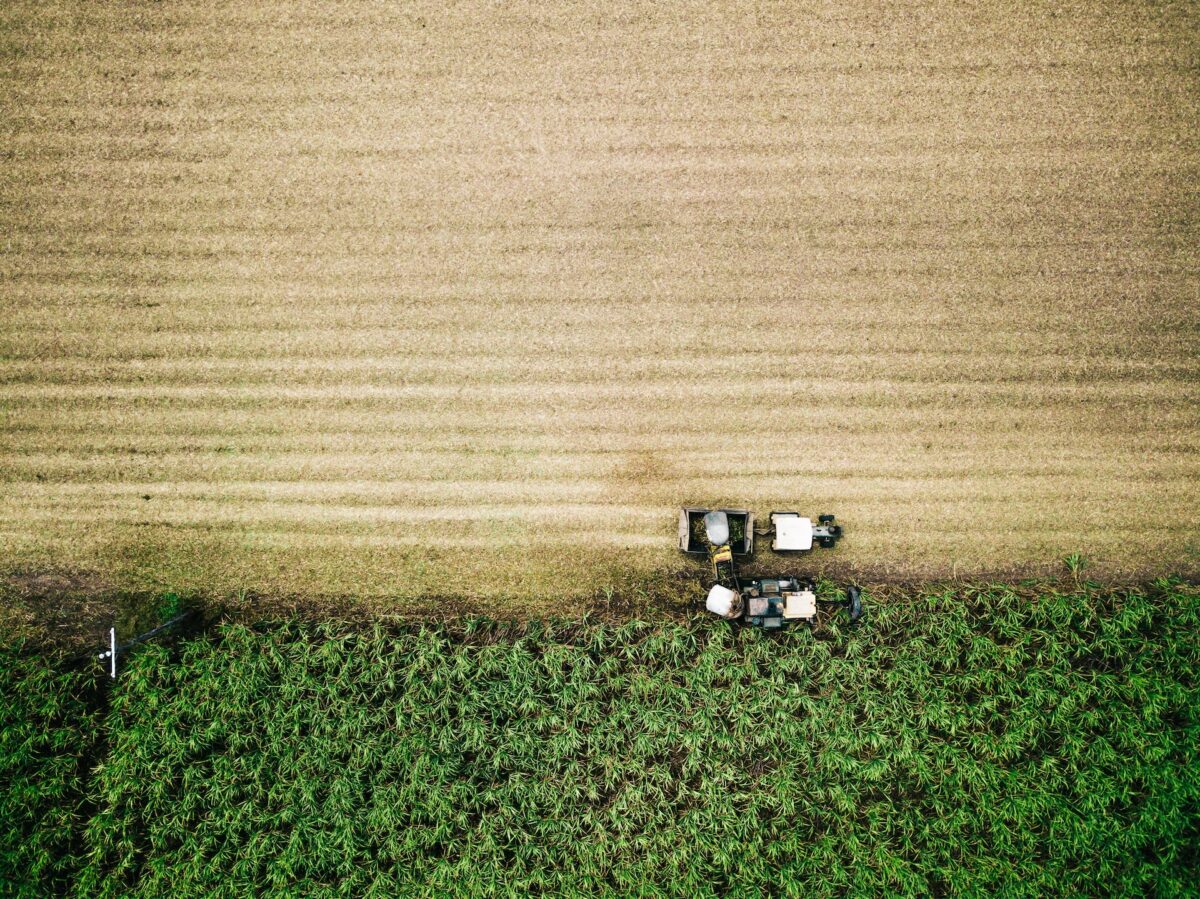
The preference that elephants have for sugarcane presents significant challenges for sugarcane farmers, particularly in areas near elephant habitats. In Uttar Pradesh, India, the forest department has issued warnings to farmers due to elephant herds gathering at the outskirts of jungles, attracted by the maturing sugarcane crops.
This inclination towards sugarcane is not just a matter of crop damage; it poses a direct threat to farmers themselves. There is a risk of fatal trampling incidents when farmers guard or gather crops in their fields. A tragic example of this occurred two years ago when a man was fatally trampled by an elephant while protecting his crops.
To mitigate the danger, farmers in affected regions often work in groups out of fear of elephant attacks. Suggestions have been made to dig trenches as a preventive measure to keep elephants away from human settlements and sugarcane fields. However, these measures are still awaiting full implementation.
This situation highlights the intricate interaction between human agriculture and wildlife. A seemingly simple preference for food by such majestic animals can lead to serious conflicts between humans and wildlife.
You might also be interested in: Rare Polar Bear Attack Marks the First in 30 Years.
Elephant’s Sugarcane Theft: A Clever Raid
In a remarkable demonstration of intelligence and adaptability, a wild elephant cleverly intercepts passing trucks to snatch sugarcane. This behavior highlights the elephant’s astute comprehension of human actions and its ability to exploit them for personal benefit.
Given the elephant’s confidence, it is likely not its first encounter with such raids. It is possible that it perceives this as a toll fee for traversing its territory—an unconventional but justifiable notion considering how humans encroach upon wildlife habitats.
This incident emphasizes the extraordinary cognitive abilities of elephants, renowned for their memory, problem-solving aptitude, and social intelligence.
The fact that this particular elephant can identify trucks carrying sugarcane, halt them, and successfully acquire its desired reward showcases its understanding of the human world. It provides a captivating glimpse into how animals can adapt to human surroundings and effectively capitalize on them.
Nevertheless, the elephant’s act of stealing sugarcane from the truck could have resulted in a far more chaotic situation. Given its immense size, it possessed the potential to cause a serious traffic accident, endangering both itself and the driver.
Elephants’ Dietary Preferences: Insights from a Recent Study
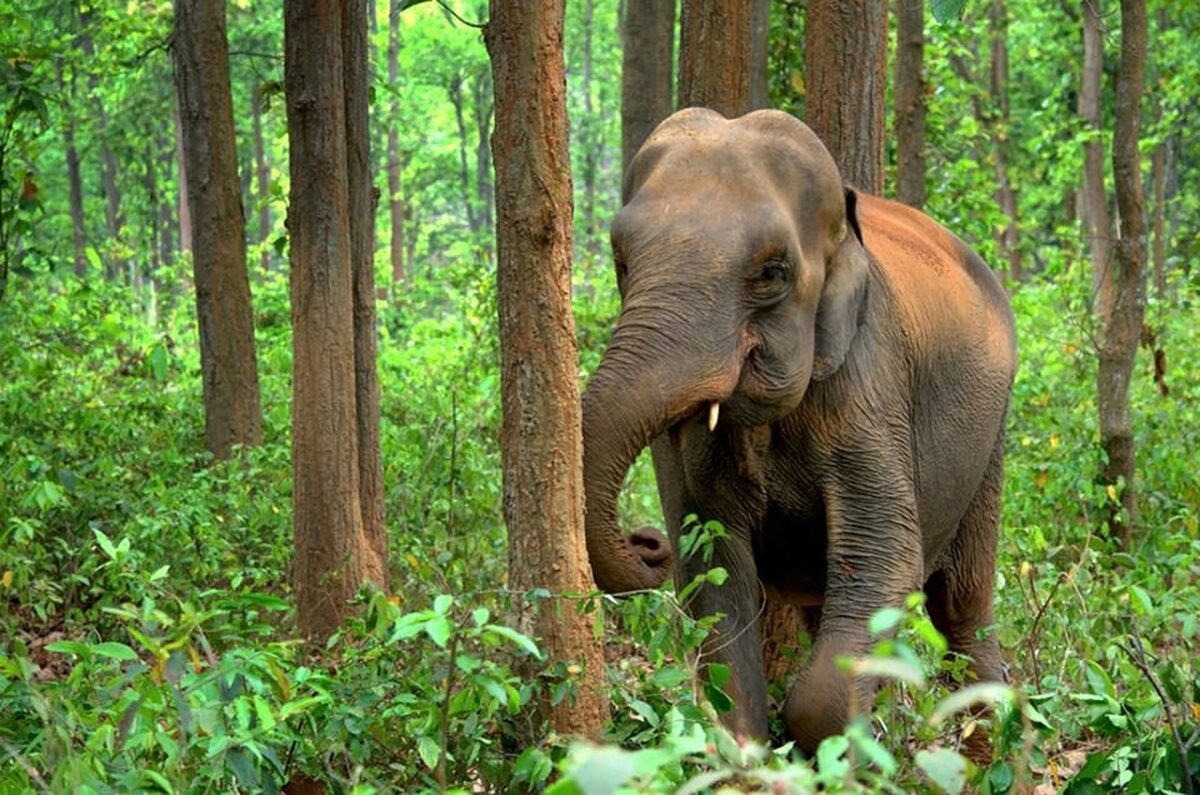
A recent study conducted in Kenya has revealed fascinating information about the dietary habits of elephants. The research indicates that elephants, like humans, may have specific preferences when it comes to what they eat.
To investigate this, researchers employed advanced DNA metabarcoding techniques. Their findings demonstrate that elephants adapt their diets based on factors such as availability, individual preferences, and physiological needs.
For example, a pregnant elephant’s cravings and nutritional requirements can vary at different stages of pregnancy. Additionally, the study uncovered that elephants within a group do not always consume the same plants simultaneously, ensuring an adequate food supply for all members.
Notably, the study discovered that the dietary differences among individual elephants were often much more significant than previously believed. This distinction was observed even among family members who foraged together.
The research underscores the importance of comprehending elephants’ foraging behavior to develop effective conservation strategies that meet their needs. The complexity of elephants’ dietary habits emphasizes the necessity of providing diverse dietary resources for the well-being and thriving of wildlife populations.
Elephants’ Foraging Habits
Analysis: Elephant and Sugarcane Interactions
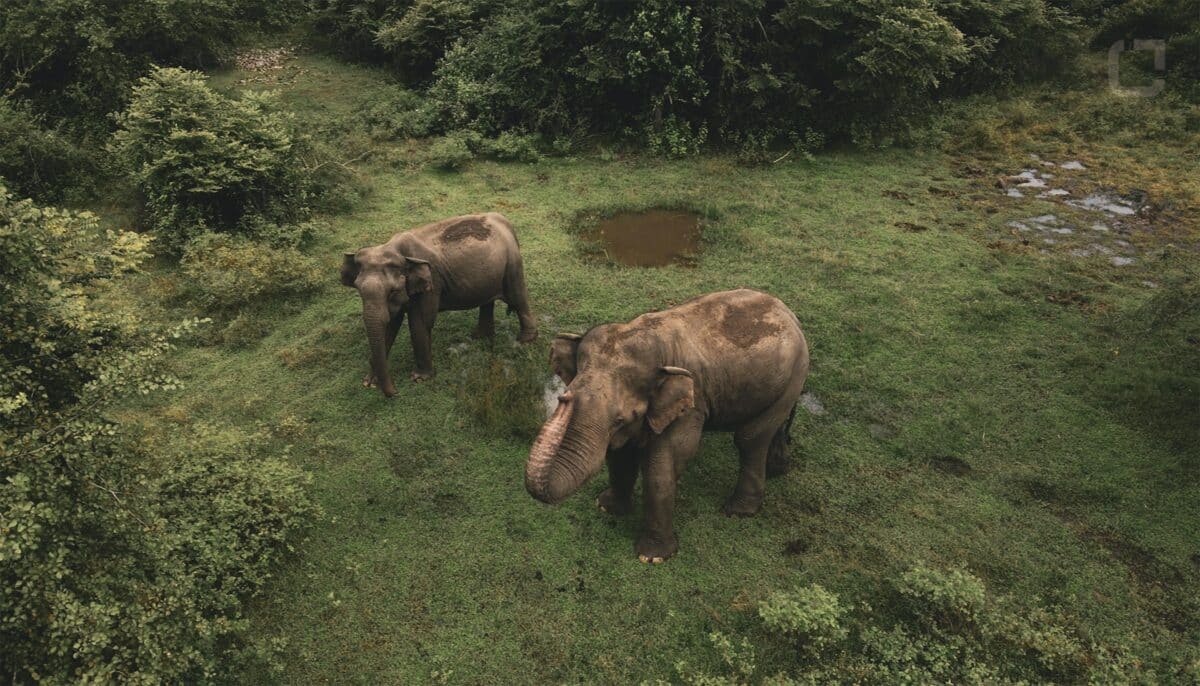
Conclusion
The intricate relationship between elephants and sugarcane provides valuable insights into the behavior of these majestic creatures and the complex dynamics between wildlife and agriculture.
Elephants’ inherent attraction to the high sugar content in sugarcane, coupled with their remarkable intelligence in engaging with humans, continues to captivate and challenge our understanding.
Nevertheless, this affinity also highlights significant challenges, including threats to farmers and the potential for conflicts between humans and wildlife.
Elephants exhibit sophisticated and adaptable foraging behavior. Given their large size, they consume substantial amounts of food daily, dedicating up to 16 hours to foraging. Their incredibly sensitive trunks enable them to locate and grasp food, demonstrating an impressive ability to select specific plants and parts.
They undertake extensive journeys in search of sustenance, which can significantly impact the ecosystems they inhabit. The issues faced by sugarcane farmers serve as a perfect example of this.
Comprehending the foraging patterns of elephants is crucial for effective conservation. It offers insights into their dietary requirements and preferences, ensuring that their habitats are managed in ways that support their intricate nutritional needs.
To strike a balance between elephants’ natural behaviors and human safety and requirements, innovative solutions like trenches and informed conservation efforts are necessary. Achieving this delicate equilibrium demands continuous attention, research, and compassion.